
How to balance creativity and business as a professional artist
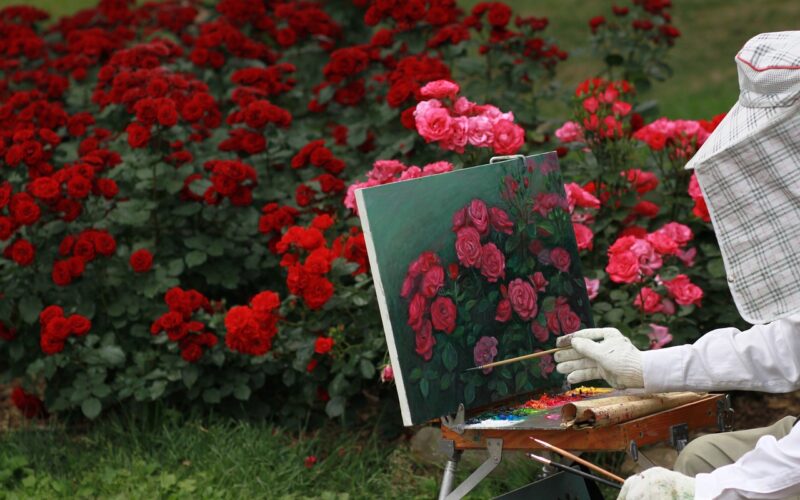

As you begin your art journey, you will find a few challenges as a professional artist; creating art that speaks to you, overcoming art blocks, and most importantly, how to maintain a balance between your creativity and art. You’ll feel that at times your business is taking a blow and your art is not selling. Other times, marketing and selling your art would take up all of your time, leaving little time to experiment with your art. This all comes down to one thing: creating a balance.
The thing is, balancing your creativity with business is also an art, and no one expects you do to it in one day. So, don’t be hard on yourself. No matter how stressful it seems right now, you’ve got this!
While some may have you believe that art and business cannot go hand in hand, we are here to tell you otherwise. Some of the reasons why you struggle with this aspect of your career could be:
- You don’t have enough time to invest in the business side of your career
- You struggle to express your artistic vision while also meeting the market demands
- You don’t have enough experience to know the workings of an art market
Whatever may be the reason for you, it is solvable! Identify what is holding you back, and learn how to move forward in a way that serves your business.
When talking about balancing creativity and business, one person’s name comes to mind: Georgia O’Keeffe. She practiced art every day, but did not ignore the business side of it. By working closely with collectors and galleries, she made sure that her sales were not compromised.
Let’s talk about some ways in which professional artists can balance their business and creativity.
Be clear about your goals
It becomes hard to achieve something when you don’t have a clear direction. The first thing you must do as an artist is to set your goals. What do you hope to achieve from your art? Do you want to make a living from your art part-time or full-time?
As you set goals for yourself, make sure they are specific, exciting, and more importantly, realistic. Divide your goals into smaller goals that work towards achieving the bigger dreams. For example, if want to expand your market, and also improve your painting skills, your goal shouldn’t be to have to paint better and sell more. Decide on a target for the month, and then stick to it. So for the next month, you can focus on practicing with a new medium of your choice, and work towards achieving a practical number in terms of art sales (sales don’t have to be huge, just more than your last month’s revenue).
It’s important to have a clear understanding of your vision and artistic goals. By setting smaller goals, you are allowing yourself the ability to take it slow. There is nothing wrong with dreaming big, it’s about how you get there. An achievable goal will also give you the confidence on your own abilities and you can take creativity and business side by side.
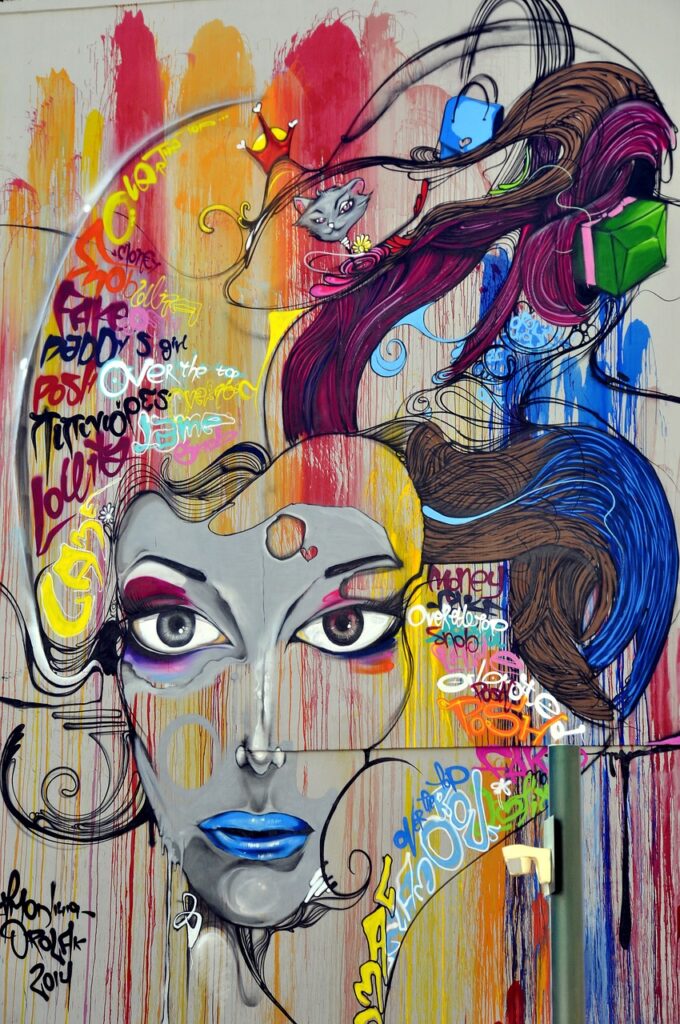
Collaborate with other artists
Creating and selling art can be hard, no one denies that. So don’t try to do it all by yourself. An easy way to loosen up some of the pressure is by leaning on someone else.
As an artist, the thing that probably makes you the happiest is your art. Selling and marketing can be boring sometimes, so look for other like-minded artists. There is always someone who is in the same boat as you. Once you find those people, collaborate with them. Not only will you be able to market your work without investing any time or money, but you will also be able to have exposure. Such networking is important in art industry, because artists need to stick together if they hope to gain more opportunities. This will free up some of your time and you focus more on your creative process.

A global directory can make it easy for you to find artists, gallerists, and curators. Arts to Hearts Projects offers a similar platform to artists where it has launched its own global directory for women in arts. You can join it today and be part of a community that celebrates creativity and growth!
Compartmentalize your days
Just like we talked about dividing goals into smaller ones, it’s time to organize your schedule. If your goal for the month is to get a certain number of sales, prioritize your tasks for each week. This trick is especially helpful because sometimes we can lose track of time. An artist may spend most of the time in the studio, or online trying to get more clients. Neither of these things is beneficial, and that’s why you must keep a record of your timeline to keep yourself in check.
Artists must remember one thing: working long hours is not as important as working smartly. Sure, hard work is important, but if you cannot manage your time efficiently, it can be a problem. Keep a diary with yourself, and make space for marketing, creating art, bookkeeping, invoices etc. Software’s like FreshBooks and QuickBooks can help your manage your business and finances.
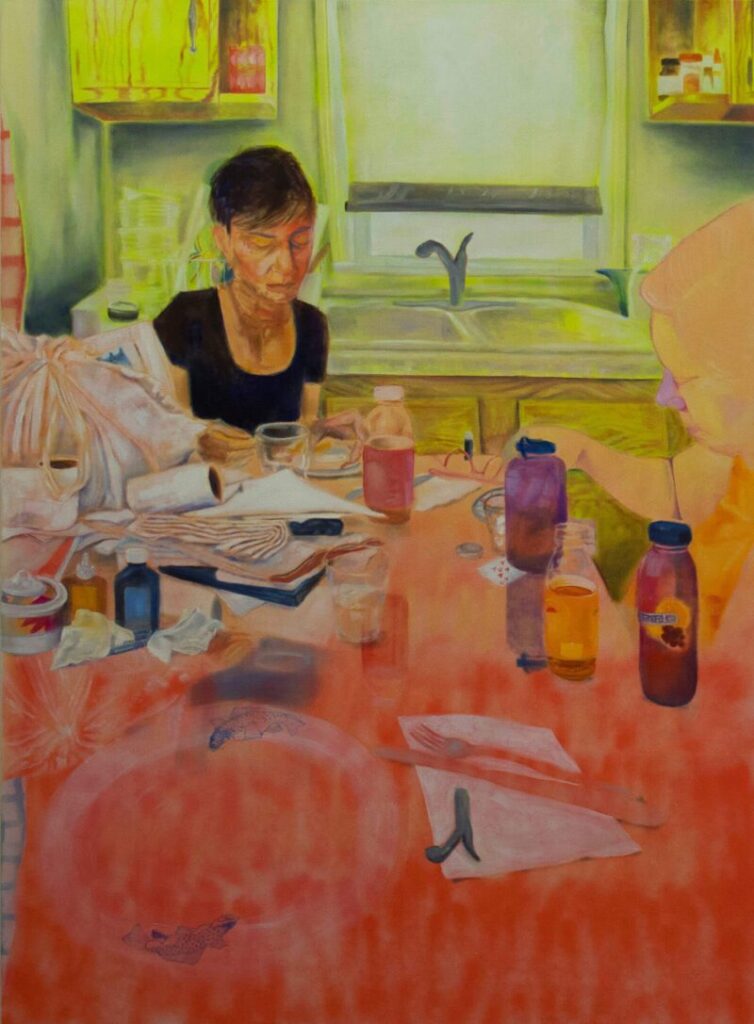
Figure out what you are good at
If you want to market your art effectively, you must create a brand that you can sell. Instead of looking around for what everyone around you is doing, look within. People already have other sellers, if you provide them with something different, they are more likely to buy your work. Your brand identity should scream you. Creating brand identity also means working on marketing tactics like creating websites, business cards and a logo, as doing so will make you more accessible to your audience. This brings us to our next point!
Don’t try to make your art fit into a box
If you think your business is not going well, and you are unable to sell your art the way you want to, it just means that you need to find the right target audience. Some artists can lose confidence in their art, and that can result in them changing directions, which can be a blow to their creativity.
Not everyone is going to relate to your art, and that is okay. Artists must remember that their art is their voice. The way they express themselves is unique, and it doesn’t have to be changed according to what anyone else says. No matter the type of art you create, there is always going to be someone willing to spend money on it. Sure, you have to keep up with the times and integrate contemporary techniques into your own process, but your vision must always remain the same. Embrace your creativity, and focus more on finding the right buyer who is interested in your story.
In the end, creating balance between your business and creativity depends on consistency. Whether it’s creating art or working on marketing tactics, you must be consistent. Learning new skills like financial management or marketing will ensure that your creativity does not have to suffer. Similarly, if you’re putting your creative self out there, people will naturally find value in your work.
Check out similar articles

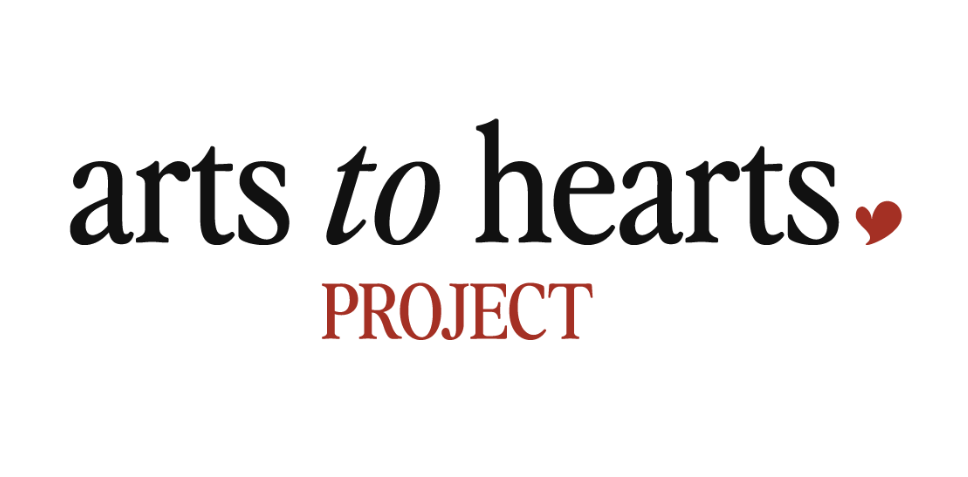
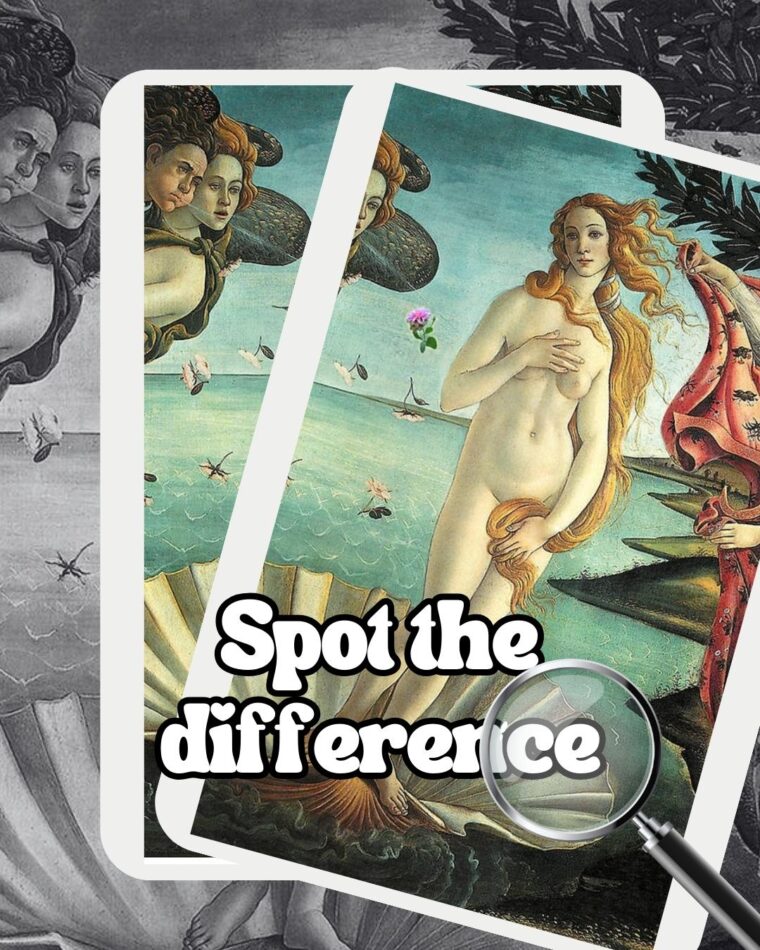

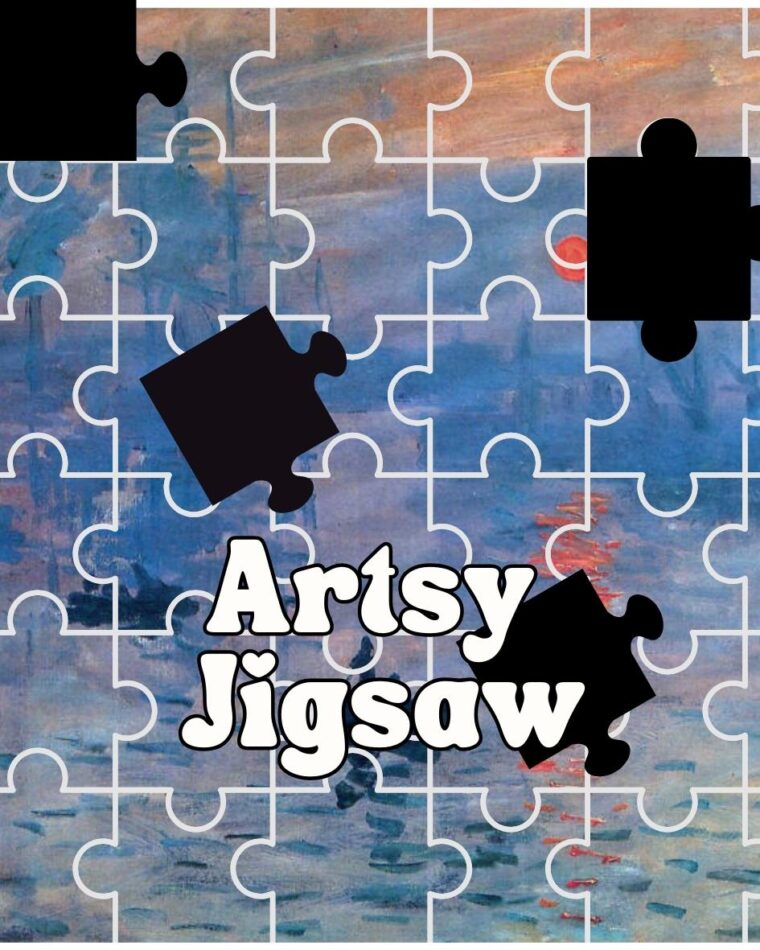
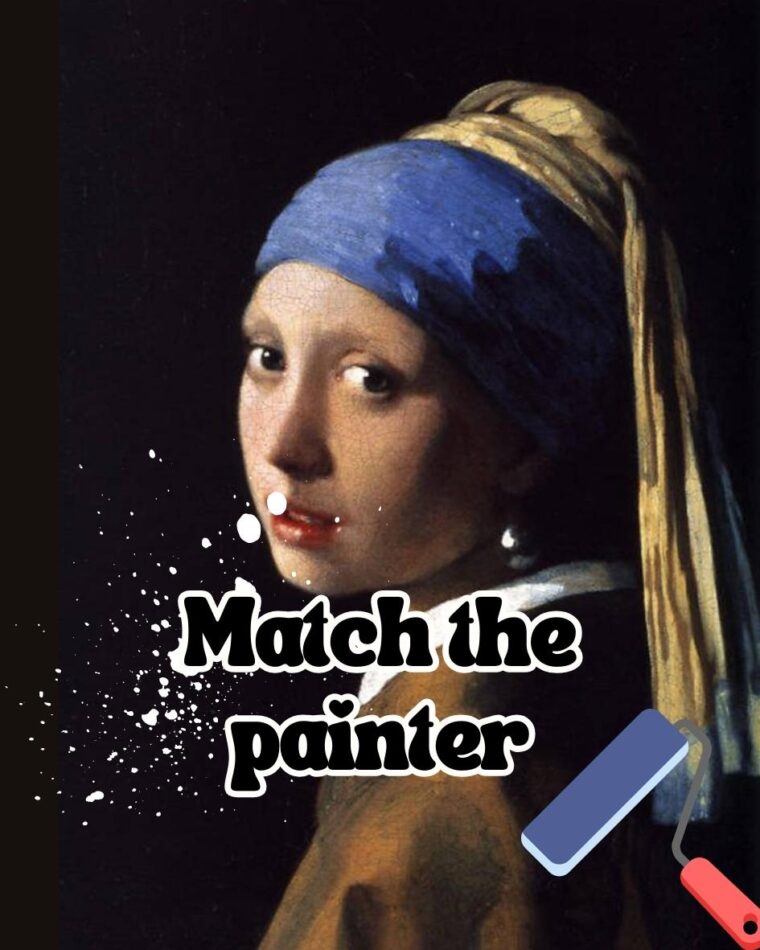




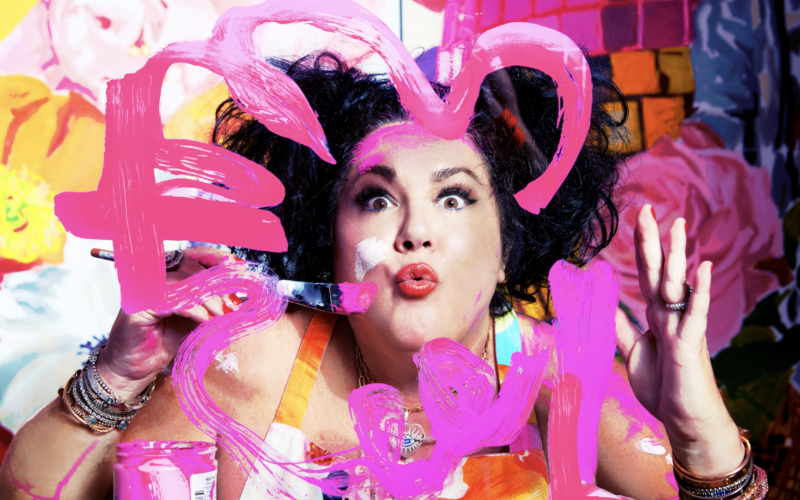
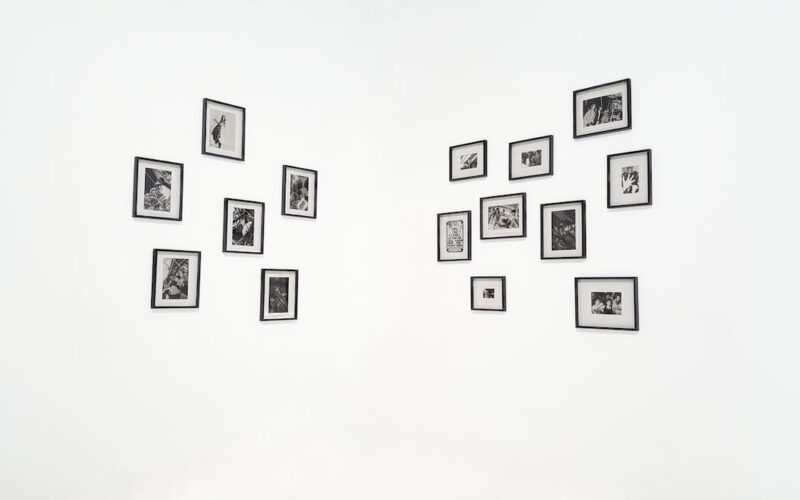

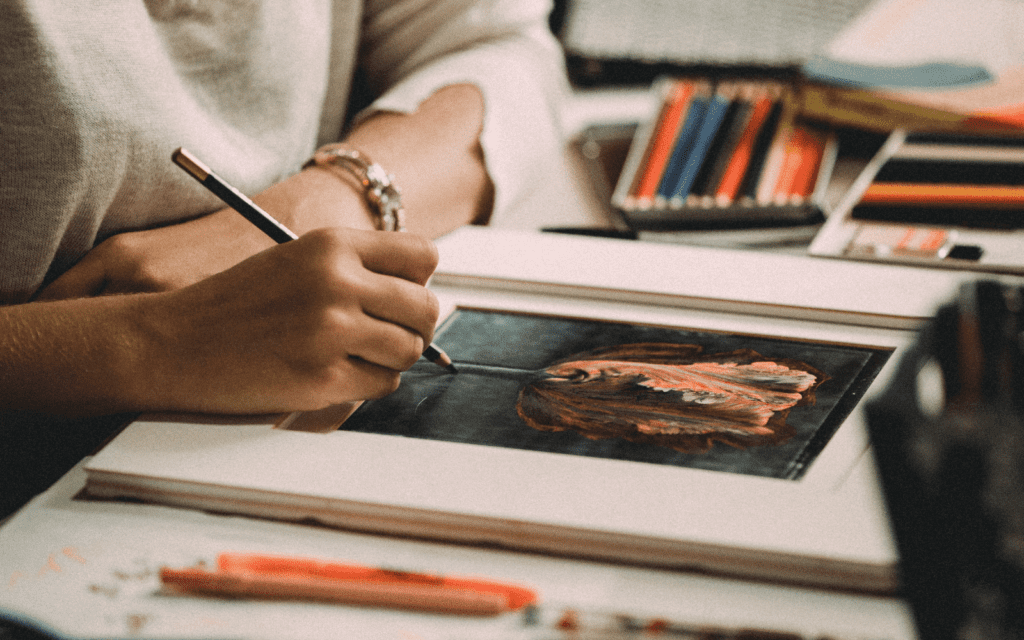


Comments 14